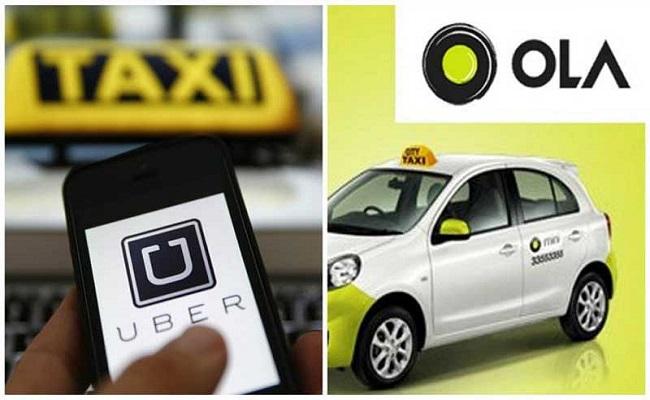Ola and Uber Get CCPA Notice For Unfair Trade Practices

Ola and Uber Receive CCPA Notifications for Unfair Trade Practices
Unreasonable cancellation fees and a lack of a consumer grievance redressal mechanism have landed Ola and Uber in hot water.
Ola and Uber have received notifications from an Indian regulator for unfair commercial practices.
Hyderabad: Ola and Uber were handed notifications by the Central Consumer Protection Authority (CCPA) on Friday for unfair commercial practices and violations of consumer rights.
It chastised ride-hailing firms for lacking a suitable customer grievance resolution system, poor service, excessive cancellation fees, and the fairness of the algorithm used to calculate prices.
Consumers filed 2,482 complaints against Ola and 770 complaints against Uber in April, according to data from the National Consumer Helpline (NCH), according to a statement from the Ministry of Consumer Affairs.
Last week, the CCPA issued a warning to ride-hailing companies like Uber and Ola that if they do not address mounting customer concerns about trip cancellations, cancellation costs, arbitrary surge pricing, and excessive wait times, they would face penalties.
Also Read: Twitter Exclusive Space For Super Followers: How it Works
In a meeting with ride-hailing companies Ola, Uber, Rapido, Meru Cabs, and Jugnoo, the Department of Consumer Affairs (DCA) directed them to join the National Consumer Helpline (NCH) as a convergence partner to improve consumer grievance redress and ensure compliance with the Consumer Protection Act, 2019 and E-commerce Rules.
The warning referenced an arbitrary cancellation charge when consumers are not given the amount of time they have to cancel a ride.
"The amount of the cancellation charge is not displayed prominently on the platform before booking the ride. Undue cancellation charges are borne by users when they are forced to cancel the ride due to the unwillingness of the driver to accept the ride or come to the pick-up location," according to the watchdog.
The primary issues raised in the notice are deficiencies in service, which include a lack of proper response from customer support, a driver refusing to accept payment by online mode and insisting on the cash only; a higher amount charged despite previously travelling the same route for a lower fee; unprofessional driver behaviour; and a driver refusing to switch on AC when the consumer is promised an AC ride on the app.
The CCPA also highlighted concerns about the lack of a customer service number and information about a grievance officer, which are needed to be listed on ride-hailing platforms.
There is also no information on the methodology or process utilised by the corporation to charge two people different prices for the same journey.
"It may be mentioned that a significant number of complaints have been lodged by consumers across the country on multiple issues which affect their rides booked through both the ride hailing platforms," the ministry said.
Nitish Bhushan, the Director of Central Operations for Uber India, stated on Thursday that the company is "reinforcing service quality expectations with drivers, especially in areas like cancellations and ensuring AC rides."
"In addition to driver notifications and training, repeated complaints from riders on these service quality essentials could lead to penalties and even restricted app access," Bhushan said.
He did not elaborate on whether any legal action was taken against the errant drivers, even though the NCH received 770 complaints about Uber in April, including paid amounts not being refunded, unauthorised charges, and charging more than the maximum retail price (MRP), among other things.
The DCA is expected to release new guidelines shortly on surge pricing and ride cancellations by ride-hailing apps, which would provide some relief to end customers.
Trip-hailing services have been given 30 days by the CCPA's head, Khare, to improve their algorithms relating to ride cancellations and surge pricing, or face penalties.




